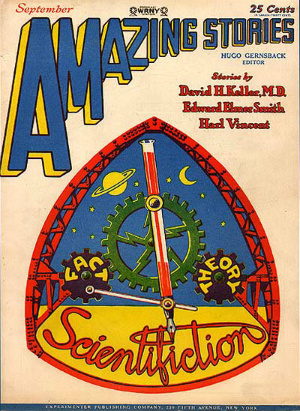Writing Life Stories: Nonfiction or Fiction?
Biff Barnes
Writing a memoir or family history can be tricky, because you know a lot – even too much – about your subject. Some of the story you know as fact, some you can only speculate about, and then there are your personal feelings. What’s the best way to tell the story?
Researchers and authors sometimes see themselves as reporters, telling about events as they actually happened. But if you are mostly concerned with exploring the emotional and psychological experience, these aspects of life are harder to report, much less to document. Should you write a factual memoir or family history, or would a fictionalized account be better?
Here are some instances when it is more appropriate to write it as nonfiction:
Contribute to the historical record.
You may have done a lot of research, and you want to document it and. In this case, facts are the very foundation of your story, and any unproven material weakens your.
A specific target audience.
Your memoir may be directed toward cancer survivors, military veterans, or people coping with aging parents. Your truthfulness, rooted in personal experience, will speak directly to them.
Authorial commentary in your own voice.
Frank McCourt’s story of his Irish childhood was compelling, but it was his powerful voice and very pointed personal observations on what happened that made Angela’s Ashes a Pulitzer Prize-winner.
Resolve questions about events that actually happened.
You need to stick to the facts to do this level of analysis. Nonfiction offers an opportunity for reflection on events that is not open to a fiction writer.
Truth is stranger than fiction.
Sometimes things that truly happened during your life or that of an ancestor might seem bizarre or unbelievable if they were shoehorned into a narrative. In nonfiction, readers will accept that the events happened, and that it’s reasonable for you to write about them.
An experience that has no “story arc”.
A story about chronological events, rather than those imposed by the craft of rising and descending action, simply works better in nonfiction. In fiction, “slice of life” stories may lack a grand denouement. But most of those stories have migrated to memoir in the last quarter century.
You’re not comfortable making things up.
Fiction offers so many choices; and it’s not a craft you’re comfortable with. If that’s the case, be authentic and direct, write in your own voice, and stick to the facts.
Although they are “true” and could be written as nonfiction, many life stories have produced great fiction. In fiction, life stories are inspired by, but not necessarily limited to, actual events. Why might this be an appealing option?
To create a more dramatic story.
Fiction authors condense or expand time, leave out details, or add events that did not occur. They may add characters or combine people into a composite character.
You don’t want to reveal family secrets or scandals.
Maintaining family relationships is important. By telling your story as fiction, you can change the names, and reveal uncomfortable truths without a direct disclosure.
You are uncomfortable with the accuracy of your facts/ memories.
Trying to recall every detail of events or exactly what was said can be difficult. Fiction gives you the freedom to recreate the event without worrying whether you got every detail exactly right.
You want write about someone else’s experiences.
There are fascinating, real events that didn’t happen to you, or that you have no direct knowledge about. Fiction allows you to portray someone else’s experiences freely.
In the end, the choice of whether to fictionalize or to tell it straight depends on two things; your material, and your style. Play to your strengths, and the power of your story.
